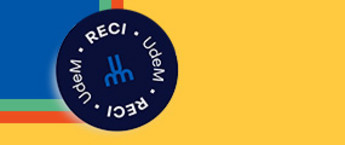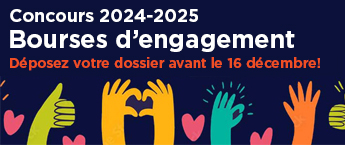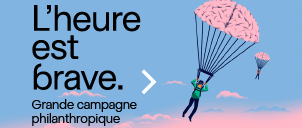Quantum Machine Learning: from nearest neighbor classifiers to quantum neural networks
par
Nathan Wiebe
quantum architectures and computing group at Microsoft in Redmond
Mercredi 28 novembre, 10:30-12:00, Salle 3195, Pavillon André-Aisenstadt
Université de Montréal, 2920 Chemin de la Tour
La conférence sera présentée en anglais.
Résumé :
In recent years quantum computing has captivated people’s imaginations by promising speedups for computational tasks. In recent years the promise of applying these methods to machine learning has led to a flurry of increasingly sophisticated results that show how quantum computers can be used to solve problems in machine learning and artificial intelligence faster (or better) than their classical brethren can. I will provide a summary of some of the most important recent developments in this space that myself and collaborators have provided including quantum nearest neighbor classifiers, quantum perceptrons and algorithms for training variational autoencoders. Finally, I will discuss a recent approach that collaborators and I have produced that shows how to use quantum Boltzmann machines to efficiently model quantum states and I will show that these quantum neural networks cannot be simulated by classical computers under reasonable complexity theoretic conjectures. This is important because it addresses the longstanding conjecture that quantum neural networks can have greater expressive power than classical neural networks.
Biographie :
Nathan Wiebe is a researcher in quantum computing who focuses on quantum methods for machine learning and simulation of physical systems. His work has provided the first quantum algorithms for deep learning, least squares fitting, quantum simulations using linear-combinations of unitaries, Hamiltonian learning, efficient Bayesian phase estimation and also has pioneered the use of particle filters for characterizing quantum devices as well as many other contributions ranging from the foundations of thermodynamics to adiabatic quantum computing and quantum chemistry simulation. He received his PhD in 2011 from the university of Calgary studying quantum computing before accepting a post-doctoral fellowship at the University of waterloo and then finally joining Microsoft Research in 2013. He is currently a researcher in the Microsoft Research Station Q, Quantum Architectures and Computing Group (QuArC) in Redmond WA.



